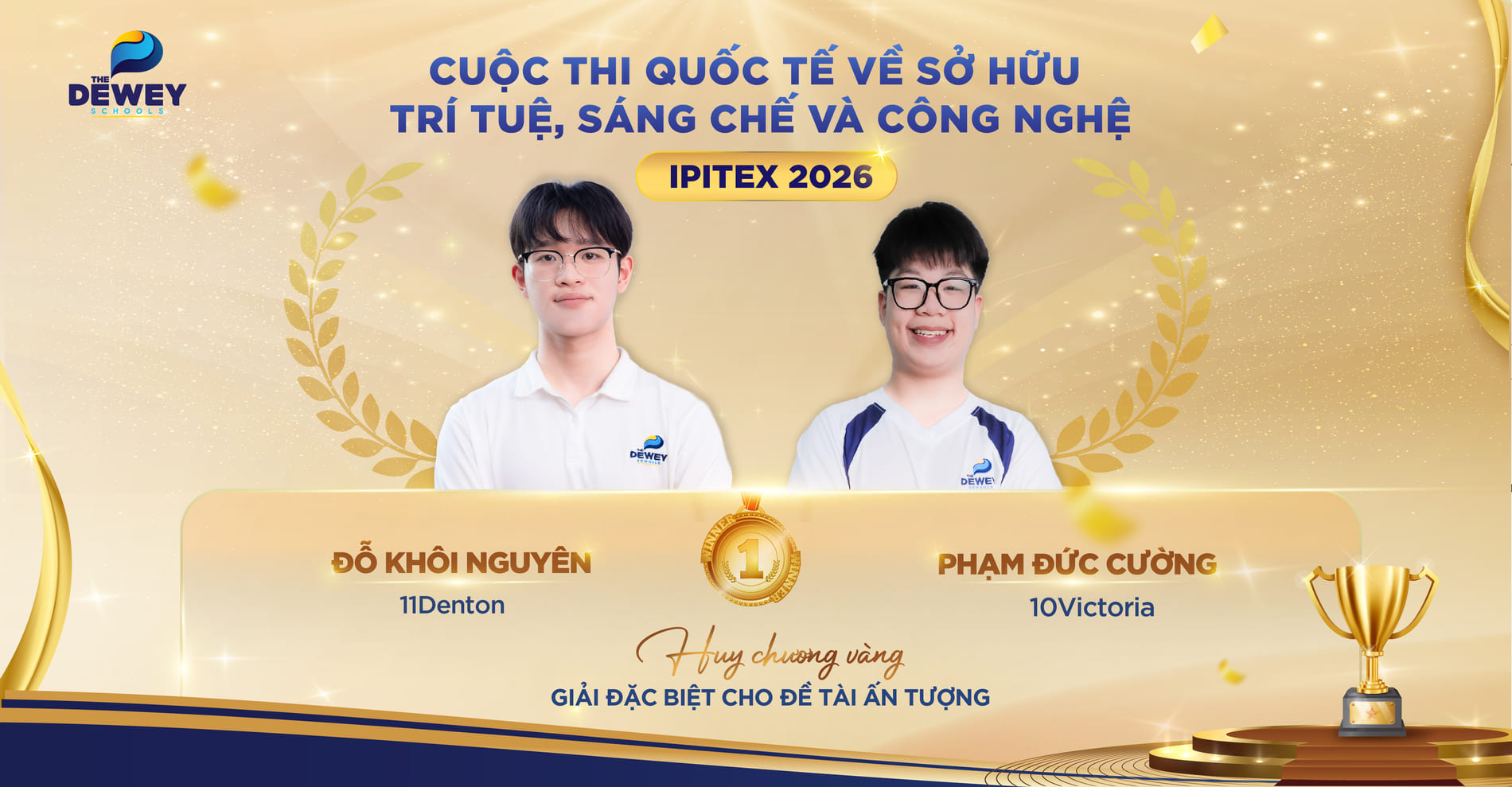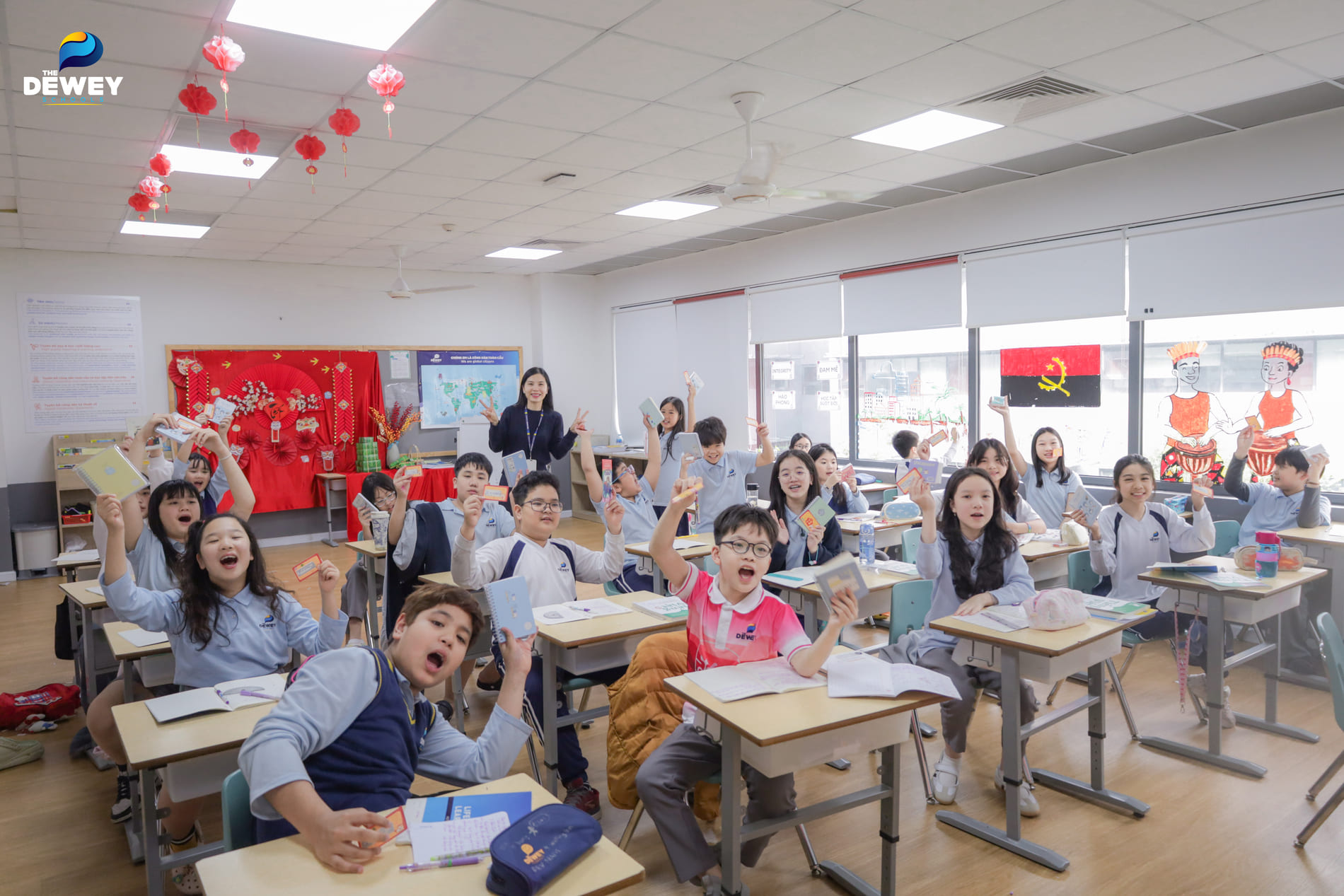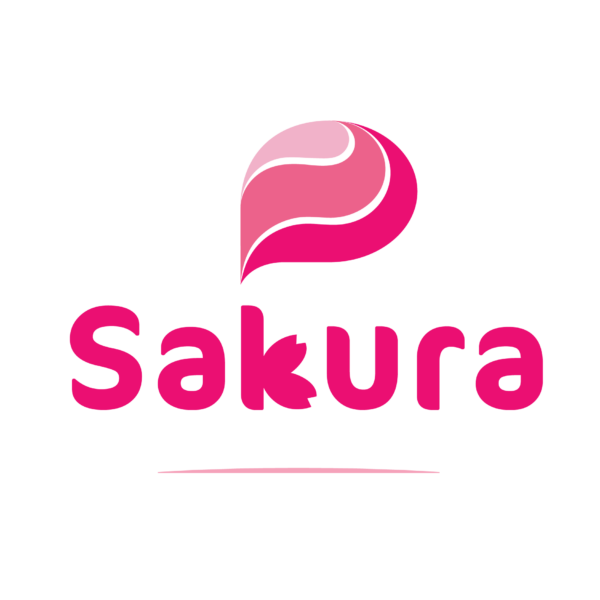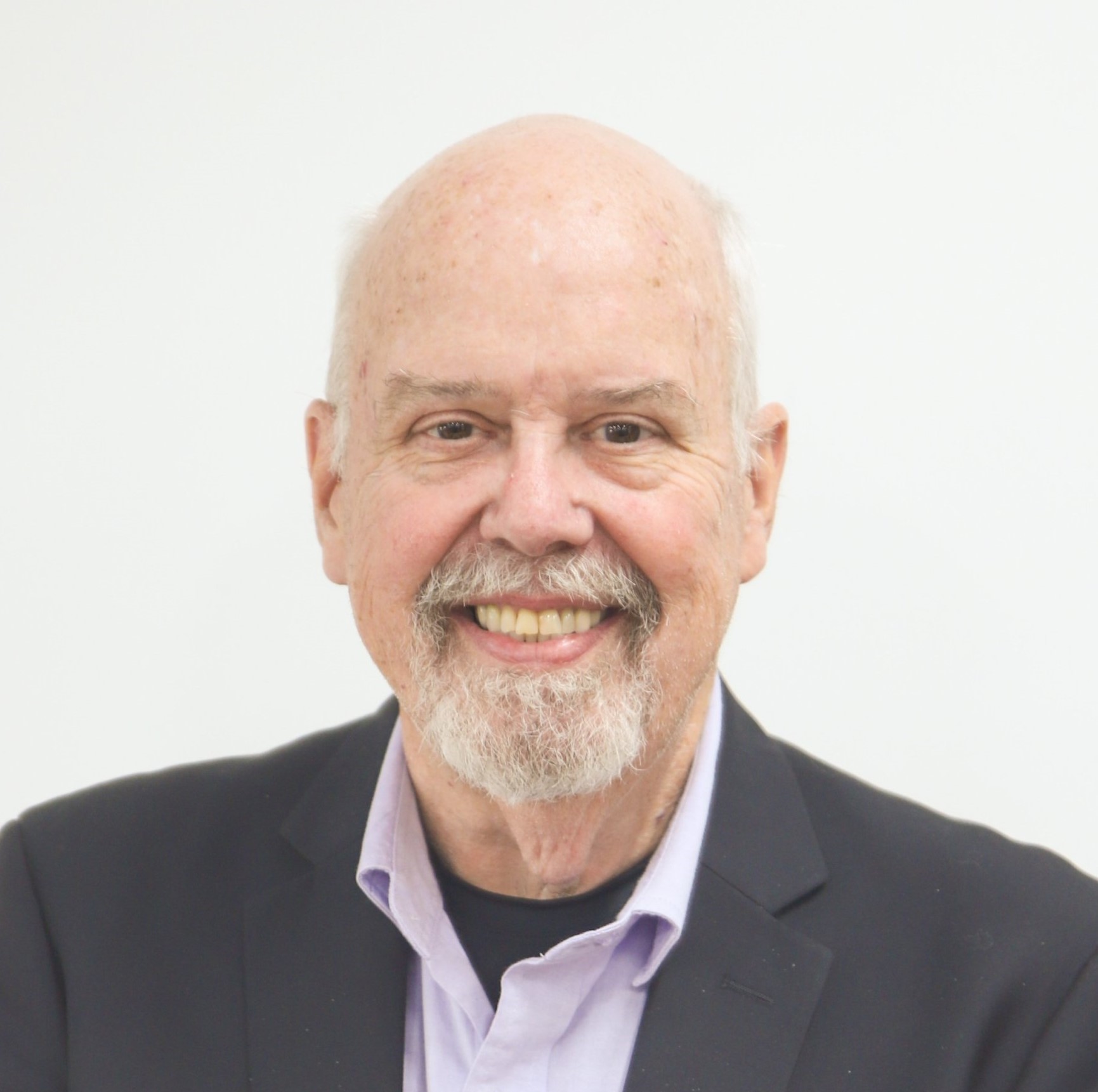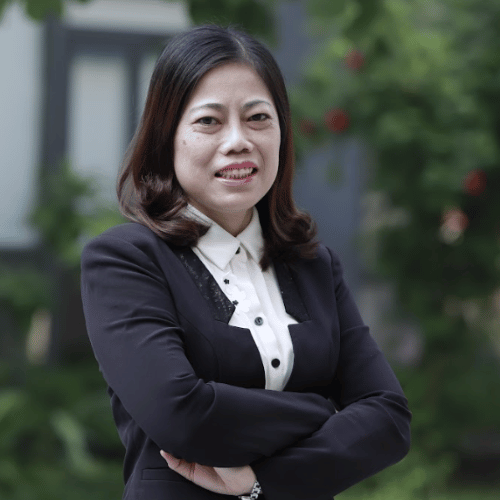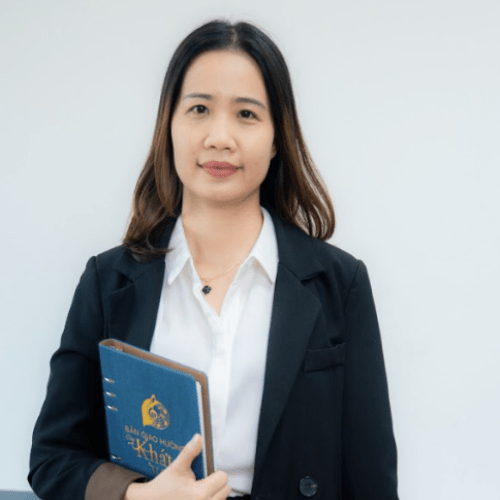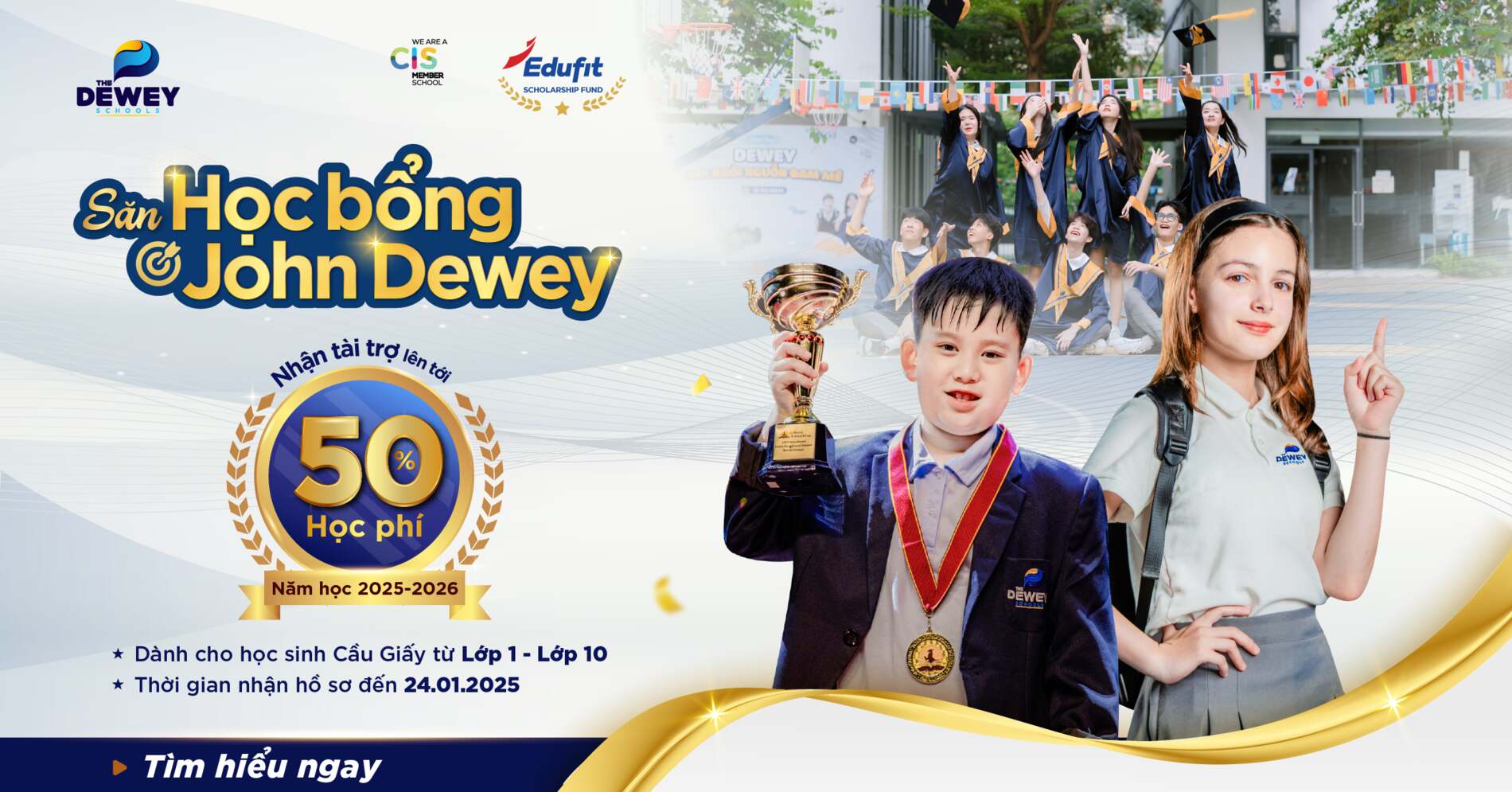❌ What TDSers don’t do: Memorize textbook knowledge
✅ What TDSers do: Retain knowledge through experiments
Dry and complex theoretical concepts like “kinetic energy depends on the speed of molecular motion, and potential energy depends on the distance between molecules” have been transformed by 12th-grade TDSers into highly visual and engaging experiments.
Why does a dry balloon pop when in contact with fire, but a water-soaked balloon does not?
Why does an empty water bottle shrink when placed in ice water?
From researching everyday phenomena, TDSers independently sourced materials and brainstormed ideas for their unique physics experiments. Divided into groups, each team conducted experiments under varying conditions of temperature and volume and then presented their findings to the class. Through observation, students were able to draw key conclusions, such as understanding that the internal energy of an object depends on its temperature and volume.
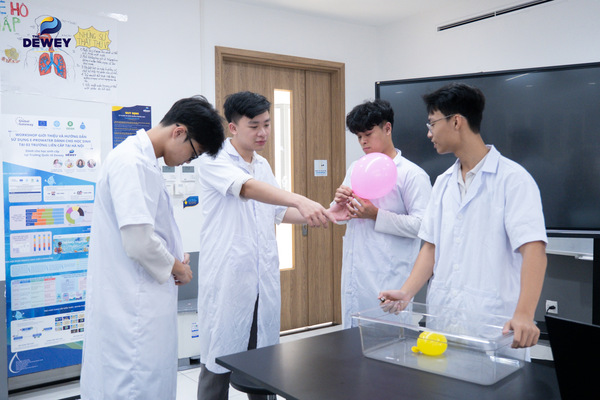
The open and flexible approach to learning at The Dewey Schools creates an ideal environment where students are free to explore, discover, and express their creativity in their own ways. This adaptable method not only deepens students’ understanding but also ignites their proactive spirit and passion for learning.
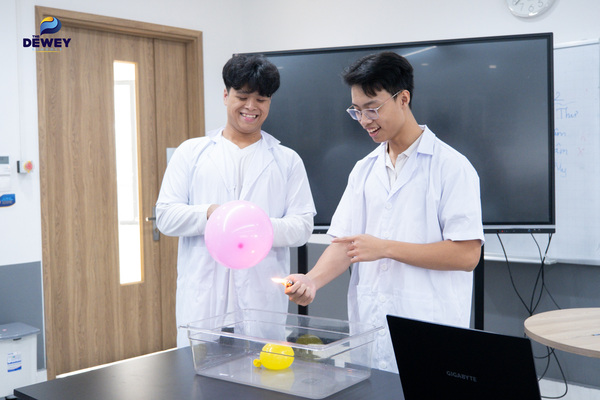
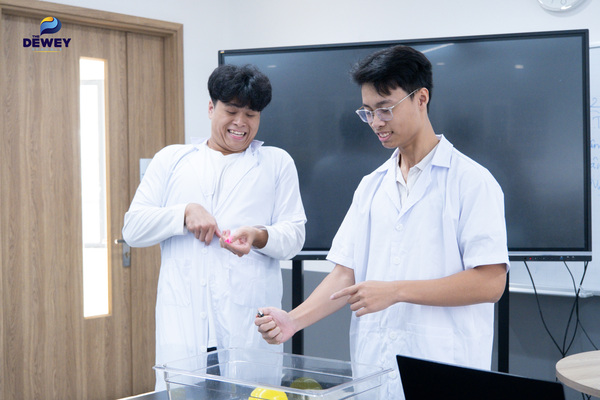
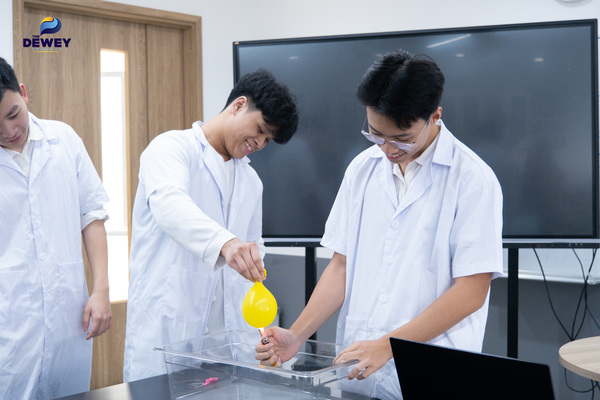
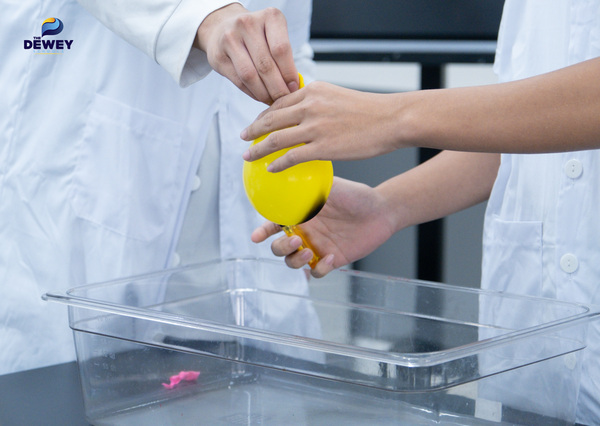
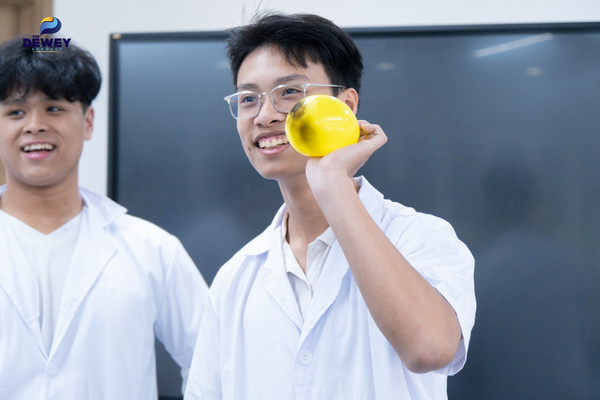
“This approach helps us grasp concepts more deeply and remember them longer compared to traditional methods. While conducting the experiments, we faced challenges in sourcing materials and working collaboratively, but we managed to overcome them and successfully carried out our experiment,” shared TDSer Nguyễn Nhật Anh (12Denver).
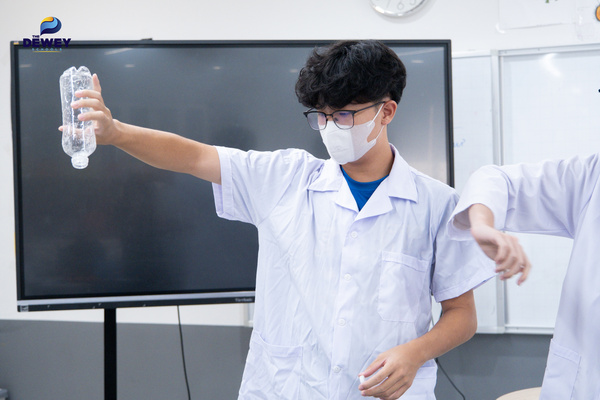
Ms. Đỗ Thúy Hằng, Physics teacher, commented: “I noticed that students engaged deeply, researching a variety of everyday phenomena to find experiments that were both suitable and easy to understand for their groups. Although there were challenges during their collaboration, they were proactive in seeking support from teachers or resolving issues independently using alternative resources available at school.”
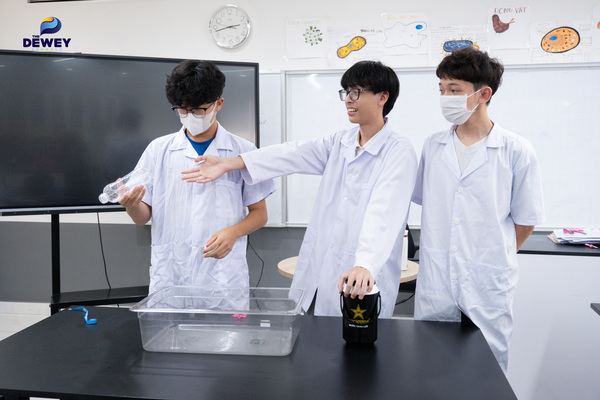
Through experiential learning, students not only gain a profound understanding of theories and clarify complex concepts but also see the practical applications of Physics in real life. It is no longer just a subject confined to the classroom. This approach further hones their critical thinking, teamwork skills, and passion for learning.
